In its twelve centuries of history, Ancient Rome gave rise to great advances in many aspects, especially in terms of civilization and the management of large cities.
Capitals such as Rome reached more than a million inhabitants at the height of Ancient Rome, something very difficult to manage, especially with the resources and knowledge of that time. But that did not stop them from developing technologies and regulations to make life more prosperous and, of course, more sustainable with the environment.
We must take into account that of course at that time there was no ecological awareness as we have it now. They believed that it was the gods who preserved and conserved nature, so there was no fear of running out of natural resources.
However, as Roman civilization expanded, the first problems related to the environment began to emerge, and limits had to be set through regulations and laws.
Urban waste
The most obvious is waste management. The larger a settlement is, the more waste it generates, and this means that waste has to be managed in some way.
The ancient Romans were very skillful in establishing hygienic measures, such as waste management by creating landfills, known as puticulum, and the creation of sewage networks in the cities, the first in history.
In these dumps, waste was separated, as demonstrated by archaeological excavations in the city of Mérida.
On the one hand, the most common waste, organic waste, such as animal remains, shells, ashes and coals, were thrown away. The inorganic containers, such as ceramics, were reused, since they could be used in agriculture when burned.
Precious marble was transformed into lime, and metals were constantly re-melted for endless use, as they were very expensive to extract.
In addition, the potteries had specific dumps, the potteries, only used by this guild to be able to reuse the material when they needed it.
Of course, there was a garbage collection service, the carrus estercolari, because the entire population was obliged to deposit the garbage outside the walls of the towns to avoid pests and bad smells.
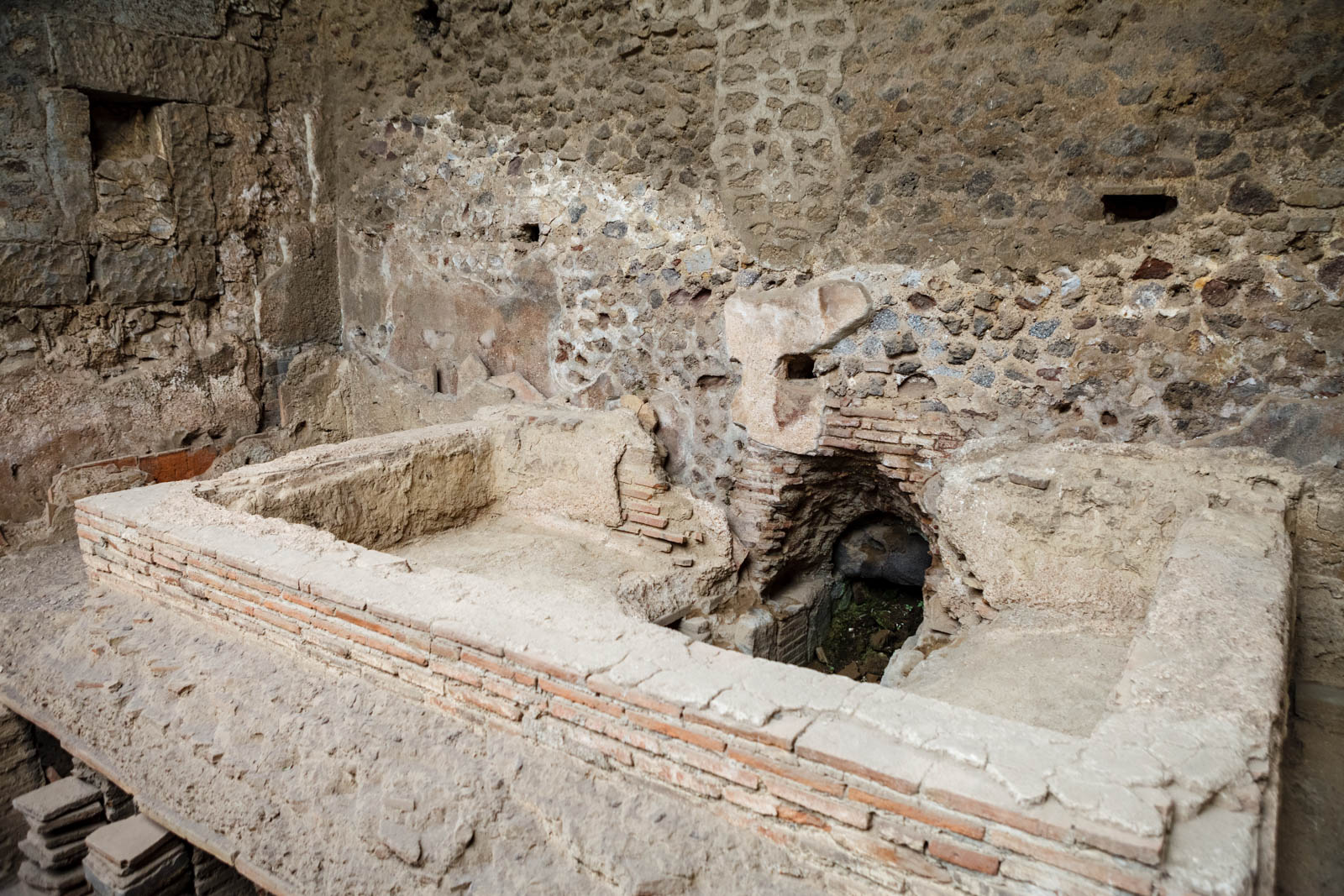
The sewage system
As for sewers, the ancient Romans created an ingenious system to transfer all waste out of the city, building a network that ran through the city and ended in the nearby river downstream. Tarquinius the Superb, around 550 B.C., was the precursor of this primitive sewage system that has survived to the present day.
In this way, it was possible to avoid the proliferation of diseases, bad odors and less polluted air, making cities much more habitable and able to accommodate more citizens.
Air pollution was such that there were even terms to refer to it, such as gravioris caeli (heavy sky) or infamis aer (infamous air).
The Romans' ingenuity with water control did not end there, however. Much of their industry depended on the hydraulic power of water, which they harnessed through water mills and other devices so as not to rely solely on human power or the burning of coal or wood. Undoubtedly, it was a great idea to use this renewable energy source.
In addition, there are also the aqueducts and water pipes, great engineering works that have survived to the present day, and show how important it was for the Romans both the disposal of waste and having constant fresh water throughout the city.
These pipes were usually made with lead, a very malleable metal that was also harmful to health, so influential people, such as the architect Vitruvius, proposed changing these pipes for others made of terracotta, warning that the level of purity of the water had to do with health, as well as highlighting that the water tasted better.
The maintenance of these great engineering works was vital, so laws were created to regulate how far away from the aqueducts and other ingenuities trees could be planted, to prevent their roots from damaging the supports.
Those Romans thought of everything!
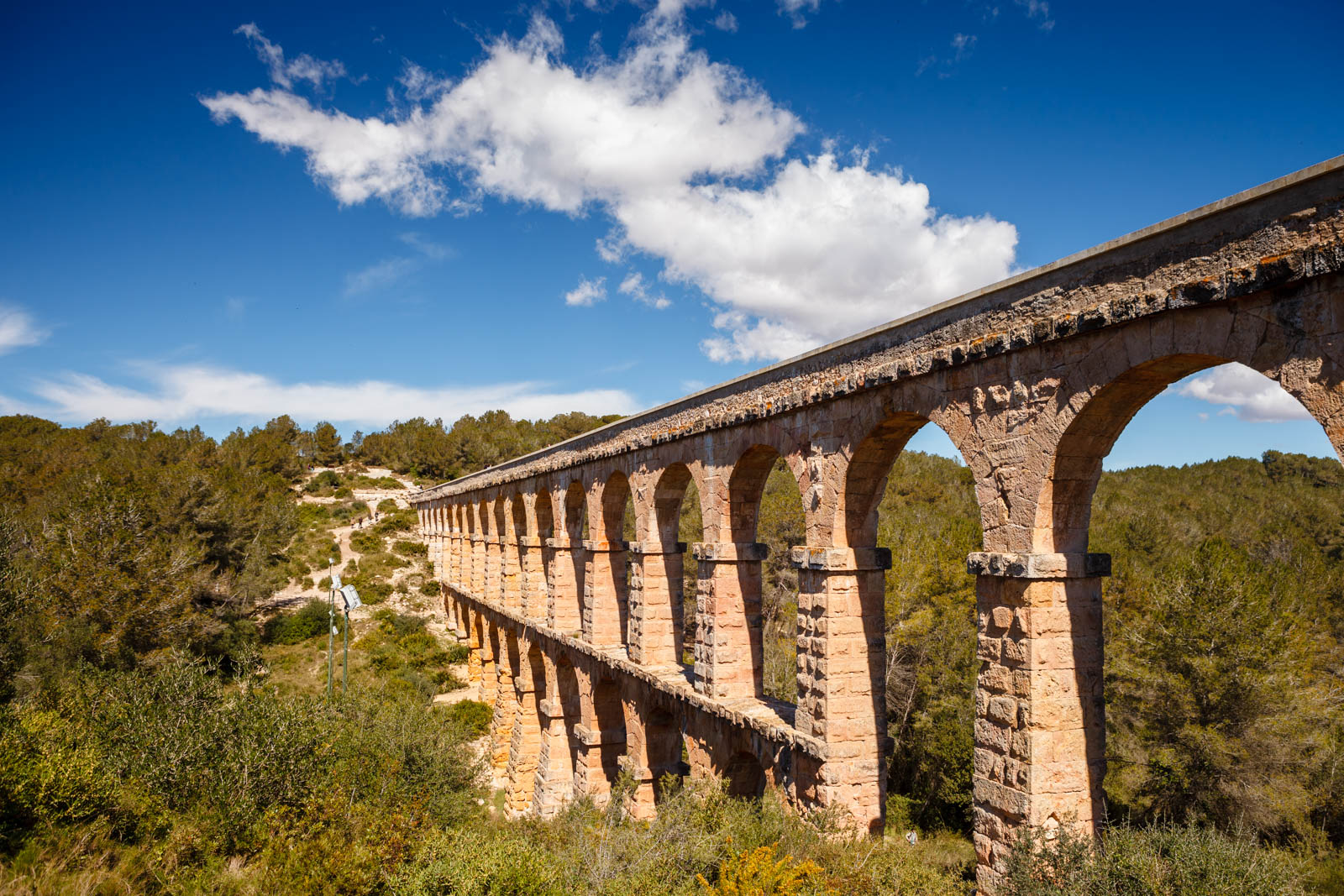
Resource protection
As we saw at the beginning of the article, the Romans considered that all natural resources were infinite, thanks to the gods, although they began to set limits on how much could be extracted.
One of the most curious examples was with olive trees. This tree was of vital importance for the economy of the civilization, since oils, food and wood, very valuable elements, were extracted from it.
To avoid its excessive exploitation, no olive tree owner could cut down more than ten live specimens per year. In Roman jurisprudence there are cases of landowners who did not follow this law and were fined with heavy fines of up to 100 drachmas, laying the foundations of the first environmental laws.
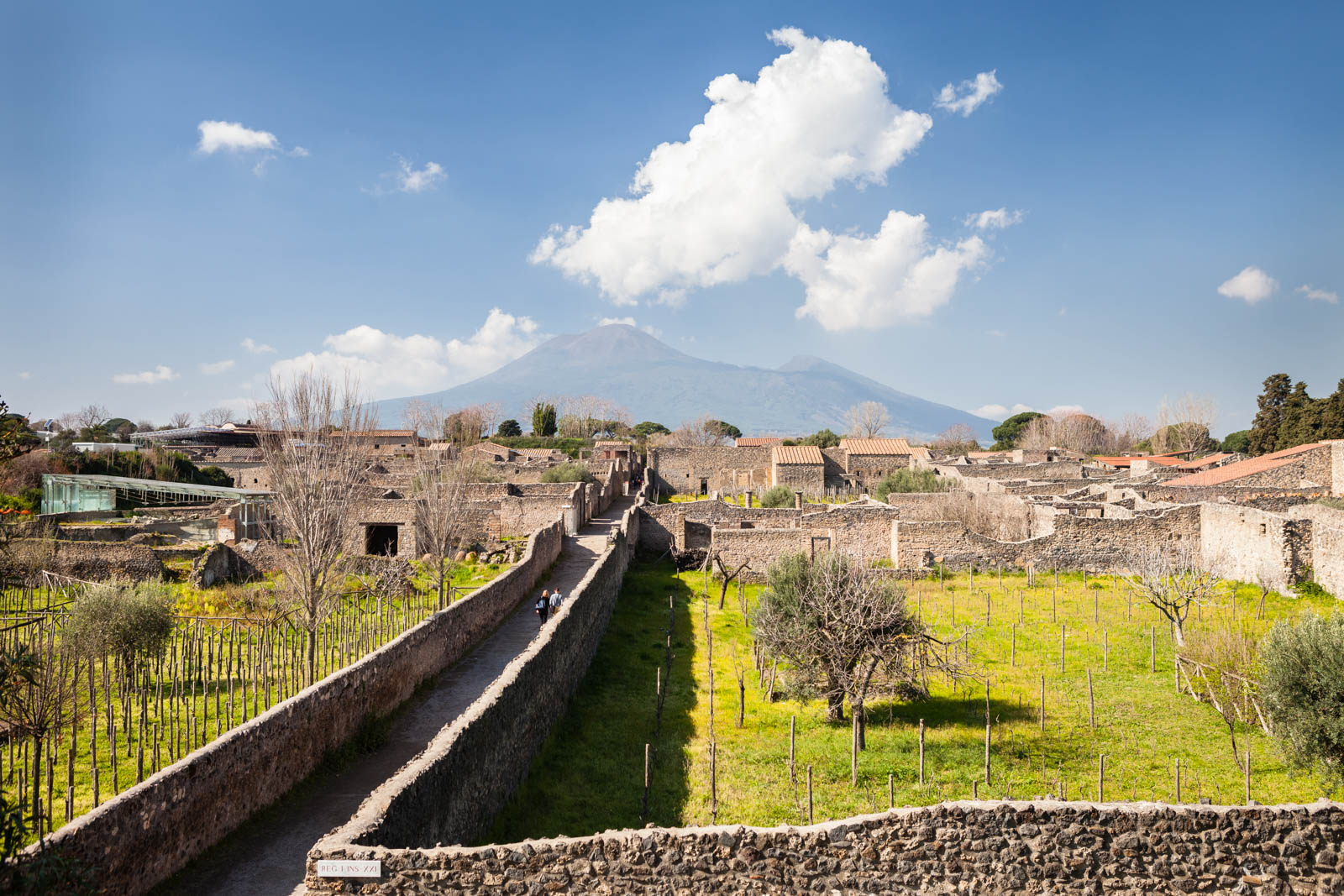
Resources in warfare
During the 12 centuries of Ancient Roman history, wars were constant, and knowing the importance of natural resources, especially vegetables, they devised a formidable war instrument to defeat their enemies.
It was known as scorched earth, and consisted of razing the crops, forests and fields near the people they wanted to conquer, in order to reduce them by starvation.
Historical records tell that when Attila tried to invade Rome, the emperor ordered to burn all the land between Attila's army and the city of Rome so that they would have no food along the way.
Measures such as the scorched earth make the ancient Romans exploiters of the territory, although there were also voices with a clear environmental conscience.
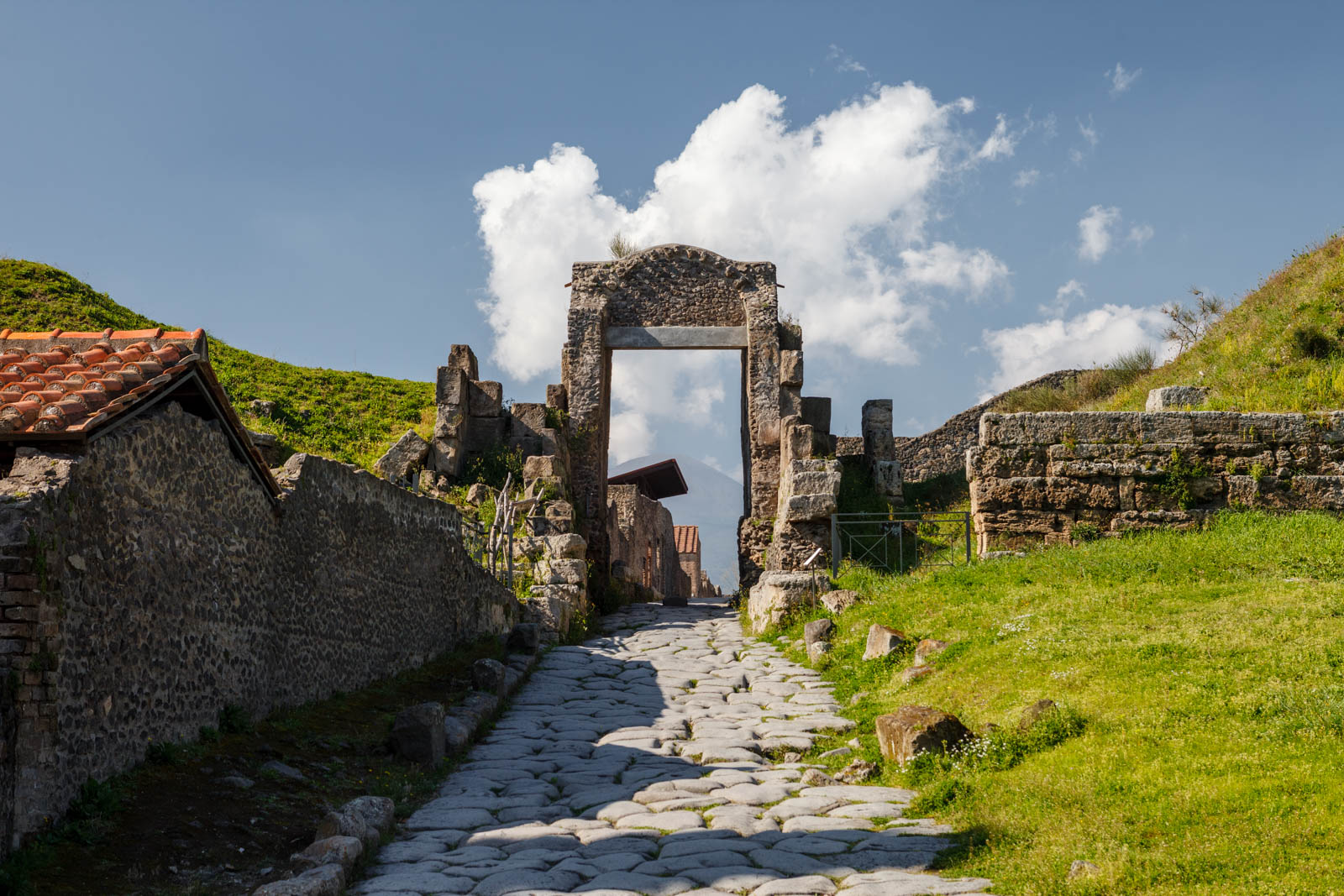
The origin of environmental awareness
The extraordinary development of the Roman civilization also caused great impact on the environment, so that voices arose among intellectuals rejecting such a massive impact, seeking a better harmony with the environment.
Already in ancient Greek times this topic was discussed, as in one of Plato's dialogues, Critias, considered the first text on the history of the environment, with some influence on Roman civilization.
Other thinkers, such as Sophocles, also let us glimpse their concerns about man's activities on the earth, because, as he said, plowing it every year can exhaust it and make it unproductive, as happened in different parts of the Roman Empire.
Although the most influential author was the historian Pliny the Elder, who in his work Naturalis Historia affirms that there is a relationship between deforestation and flooding, valuing the need for trees to retain water, preventing landslides and other natural disasters.
He also perceived that extractive activity could be very negative for the environment, concluding that "Man has learned to defy nature".
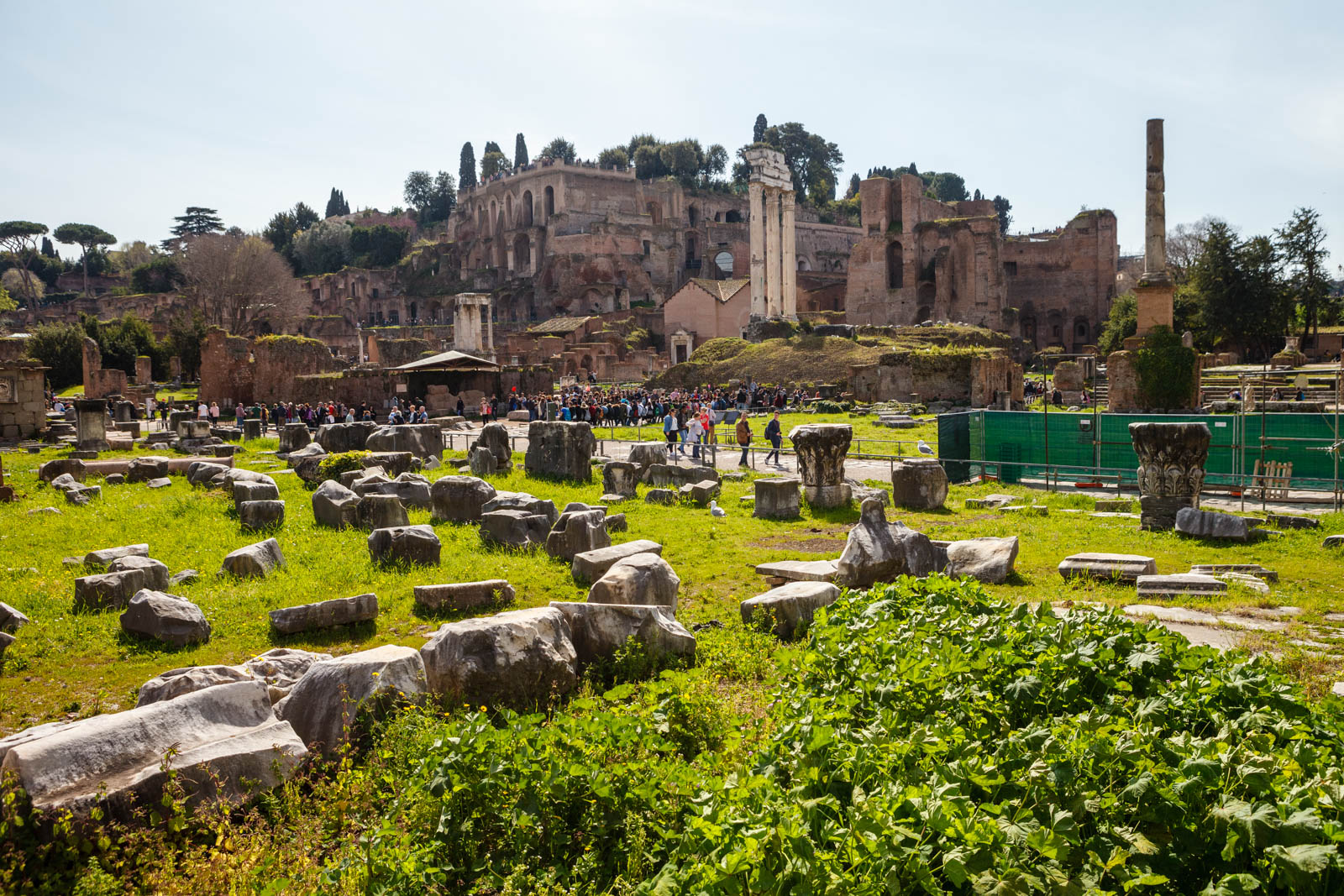
Conclusion
The ancient Roman civilization was prodigious in devising advances. As a result of all this progress, and as they saw the repercussions on the environment, they developed an environmental conscience that resulted in the first environmental laws in history.
They were scattered laws, which did not directly seek to respect the environment, but were tools to protect some natural resources, such as water and land, from indiscriminate plundering.
The result of these laws was a reasonable use of the ecosystem without reaching its exhaustion, allowing this classical civilization to have so many centuries of prosperity.
The Roman Empire succumbed to multiple factors, such as excessive warfare, overpopulation, reduction of harvests, as well as environmental impact, which added to the causes that led to the disappearance of this civilization.
Undoubtedly, much can be learned from ancient Rome.













